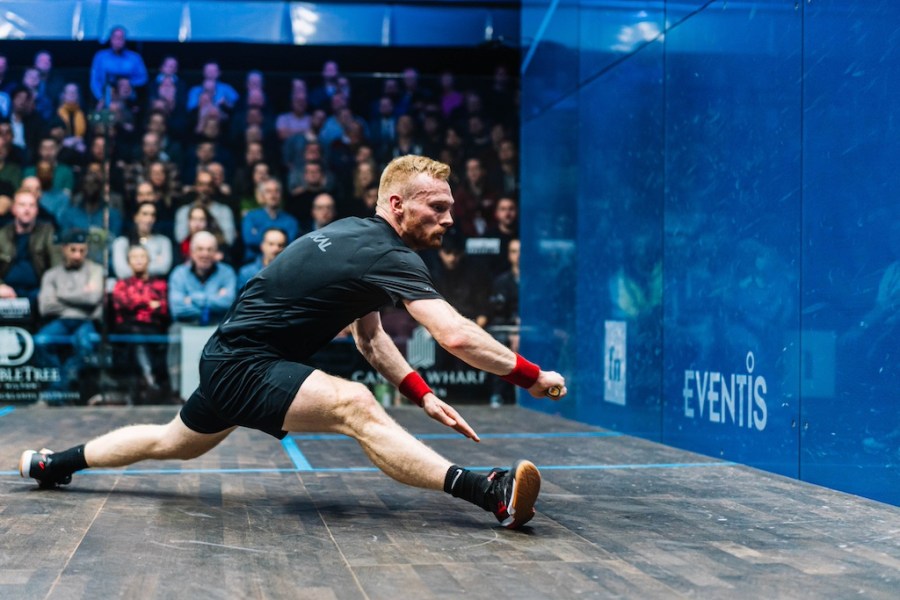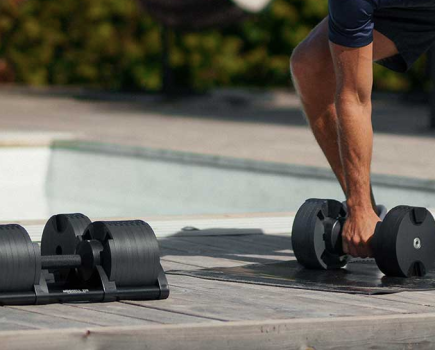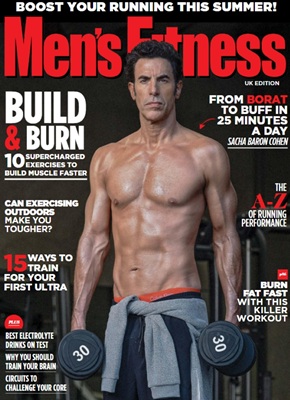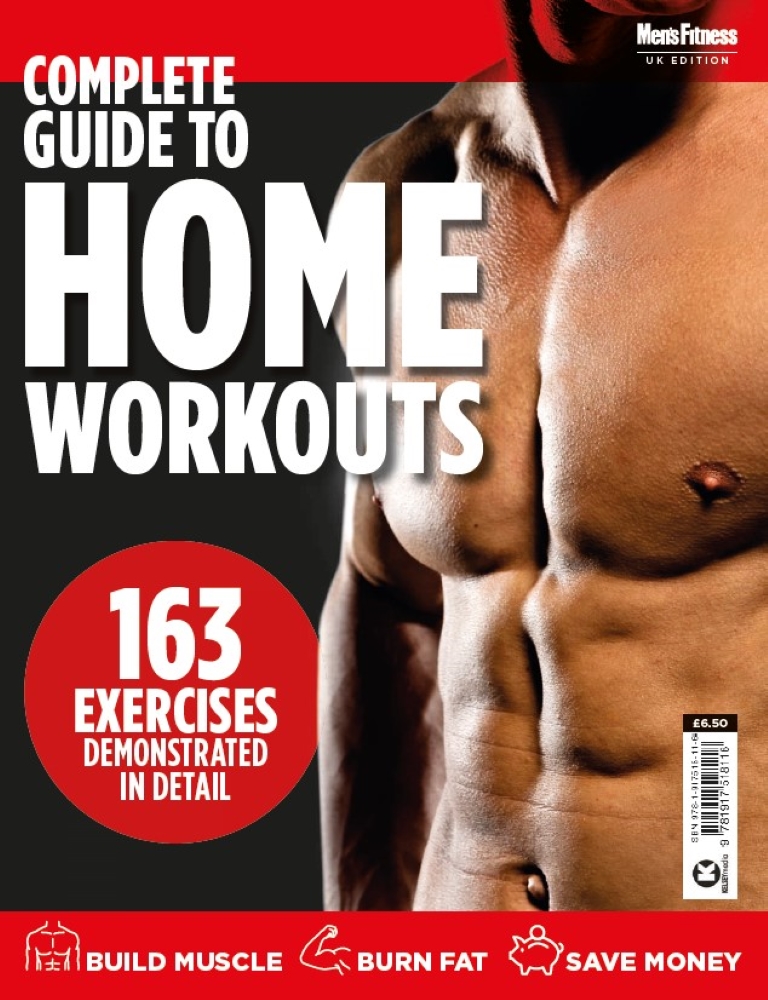With a relentless playing style that’s helped him become one of the best in the world, squash pro Joel Makin boasts a level of aerobic fitness most of us can only dream of. MF finds out the secrets to his next-level staying power.
Joel Makin is arguably the fittest man in squash. The 29-year-old Commonwealth Games Silver Medallist – who has lifted five PSA titles to date, including the prestigious Manchester Open – is renowned for a style of play based around pushing his opponents to their physical limits. As a result, the Welsh number one has risen into the world’s top ten.
Data analysis of his performance in competition reveals that he spends a remarkable 80% of matches in the ‘red zone’ – heart rate of 175bpm or above – burning approximately 1,000 calories during that time. (Find out your own heart rate zones by investing in one of the best heart rate monitors.)
So what is about squash that demands such high levels of fitness? And how has Makin conditioned himself to become one of the fittest players in the world?
Q&A with Joel Makin
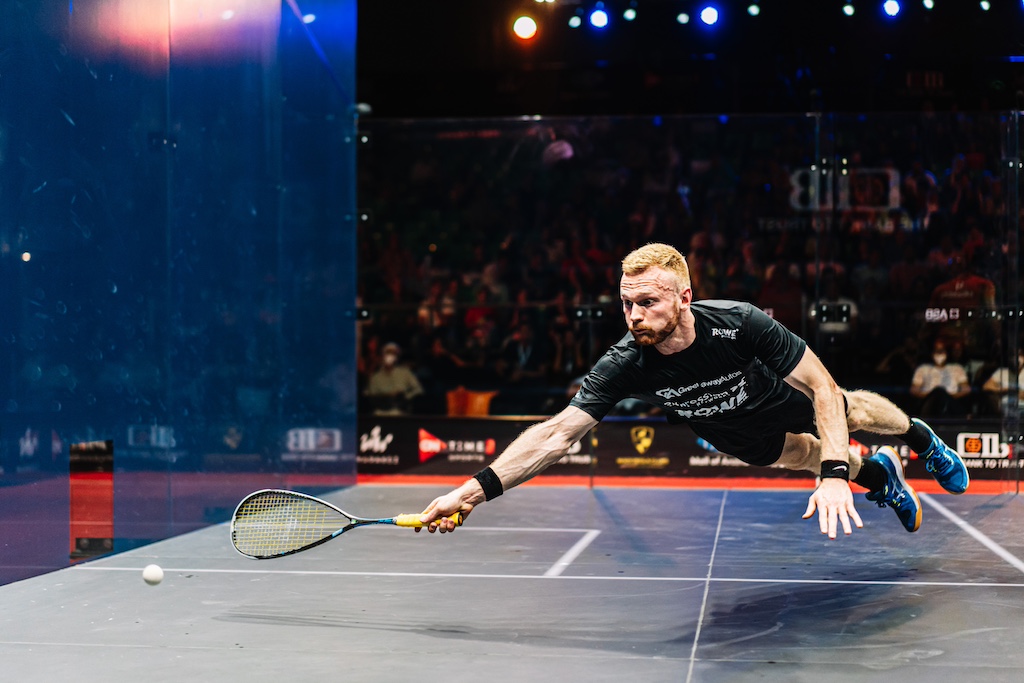
Men’s Fitness: Why is squash so physically demanding?
Joel Makin: So many qualities are needed at once. People don’t really understand that squash players are sitting at max heart rate for 45 minutes plus. You don’t really see that in any other sport.
MF: To hit that kind of intensity must require some pretty hardcore training. What does a typical session look like for you?
JM: A typical session involves 10 sets of 1km intervals run at 20kph (12.5mph), combined with 4-5 reps of heavy lunges [editor’s note: lunges up to an enormous 180kg, as seen below], together with pressure sessions on court.
MF: Have you always been physically fit?
JM: It was just something I sort of ran with. I doubled down on it as a way of having something that separated me. You start on the tour at 500 in the world, and everyone’s got different attributes that are good. It’s hard to distinguish yourself from the rest of the group. Getting in great shape as quickly as possible was one area I knew I could control.
MF: Is a lot of your fitness developed and maintained in games?
JM: Yes, and we probably compete far too much. We have tournaments where we’re expected to play potentially for an hour and a half, four days in a row. The demands in a tournament can be so high that you have to then reset to a degree. If you play four matches like that in a few days, you’re going to need downtime, otherwise you’re going to be chronically injured very quickly.
Watch Joel Makin complete a set of 5 weighted lunges… with 180kg on his back!
MF: Talk us through that intense schedule.
JM: We play a lot of league matches. So, this weekend I’m playing in the French league. We play French league, German league, Dutch league, Swiss league, National league in the UK, so we’re travelling and competing often. The lifestyle is hard.
MF: Do you do much gym work away from the court?
JM: The summer is the off-season where we have a bit more time and I try to vary it as much as I can. I do strength training at least every week, once a week. And I try to do a lot of the harder cardio intervals on low-impact equipment like assault bikes. If you do heavy weights, with heavy matches, with running on a track a few times a week for 10-12 years, the wear and tear adds up.
MF: How do you fit in rest and recovery?
JM: Sleep, as obvious as it sounds, is crucially important. If you can try and get at least eight or nine hours a night, you can balance it out as well as you can. If you’re training hard and you’re travelling, but you’re only getting six hours sleep, that’s when you get ill because it’s just too hard. I do tons of mobility and rehab work, too.
Watch this brutal Joel Makin rally:
A day in the life of squash pro Joel Makin
9am – One-hour solo practice
- Sharpening and refining shots
10:30am – Strength and conditioning
- Three-position clamshell
- Straight-leg hip adduction
- Hip internal rotation with band
- Supine hip flexion with band
- Pogos
- Bodyweight countermovement jump
- High hurdles
- Weighted squat jumps
- Single-leg squat
- Bird dog row
- Cable rear delt flye
2pm – Competitive practice
- Best of five match with a top-50 player
- Three games to 11
4pm – Boxing fitness
5pm – Rest and recovery
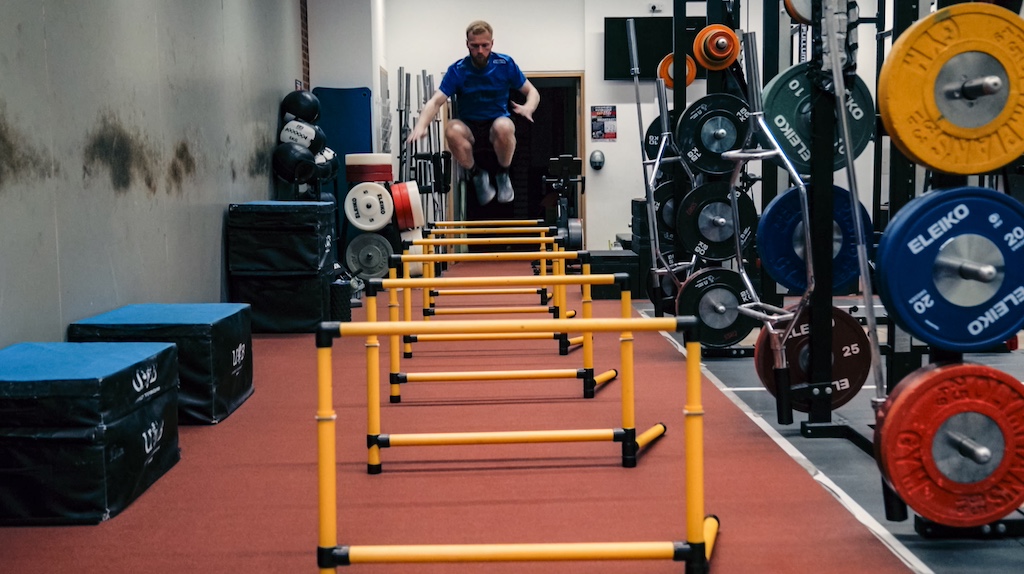
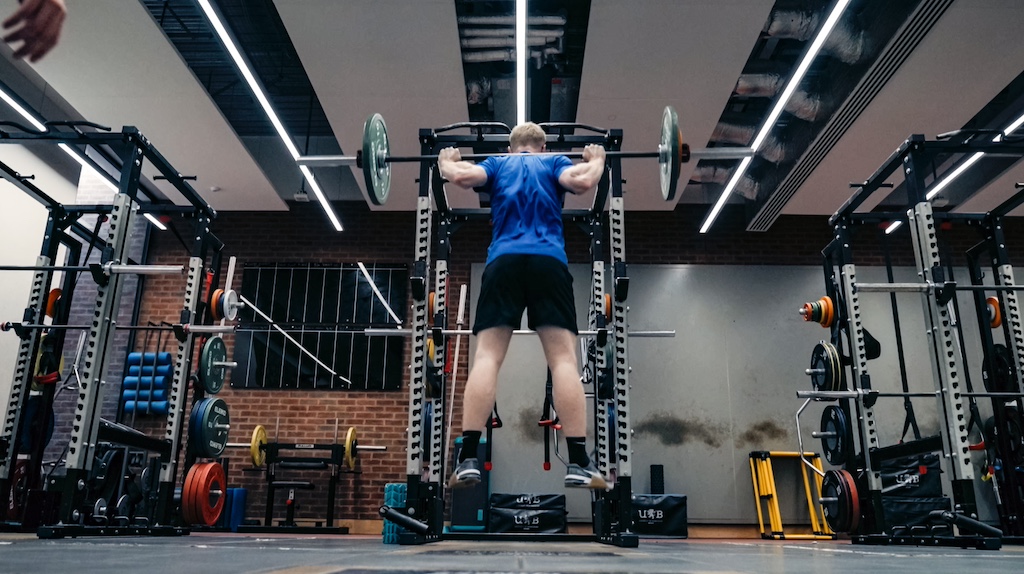
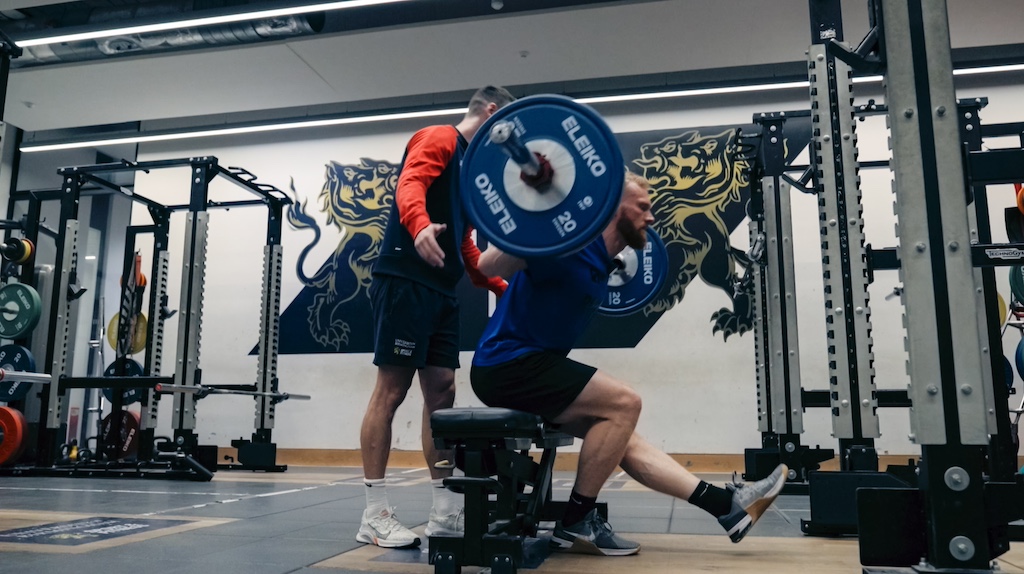
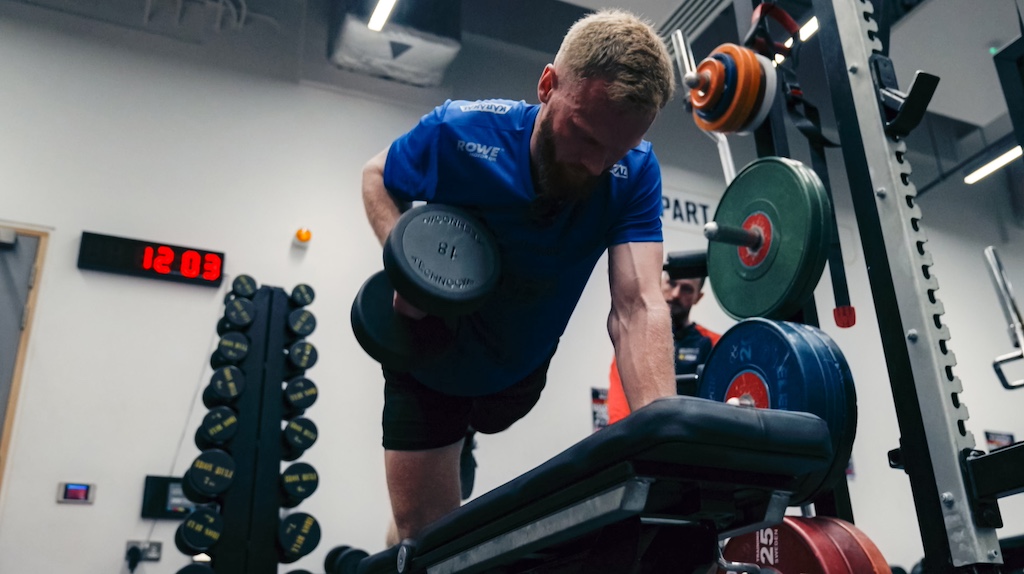
The Professional Squash Association (PSA) promotes the global interests of both men’s and women’s professional squash, ensuring that the PSA World Tour is the ultimate showcase of the sport’s pinnacle events. For more information visit psaworldtour.com
Photography: Professional Squash Association

